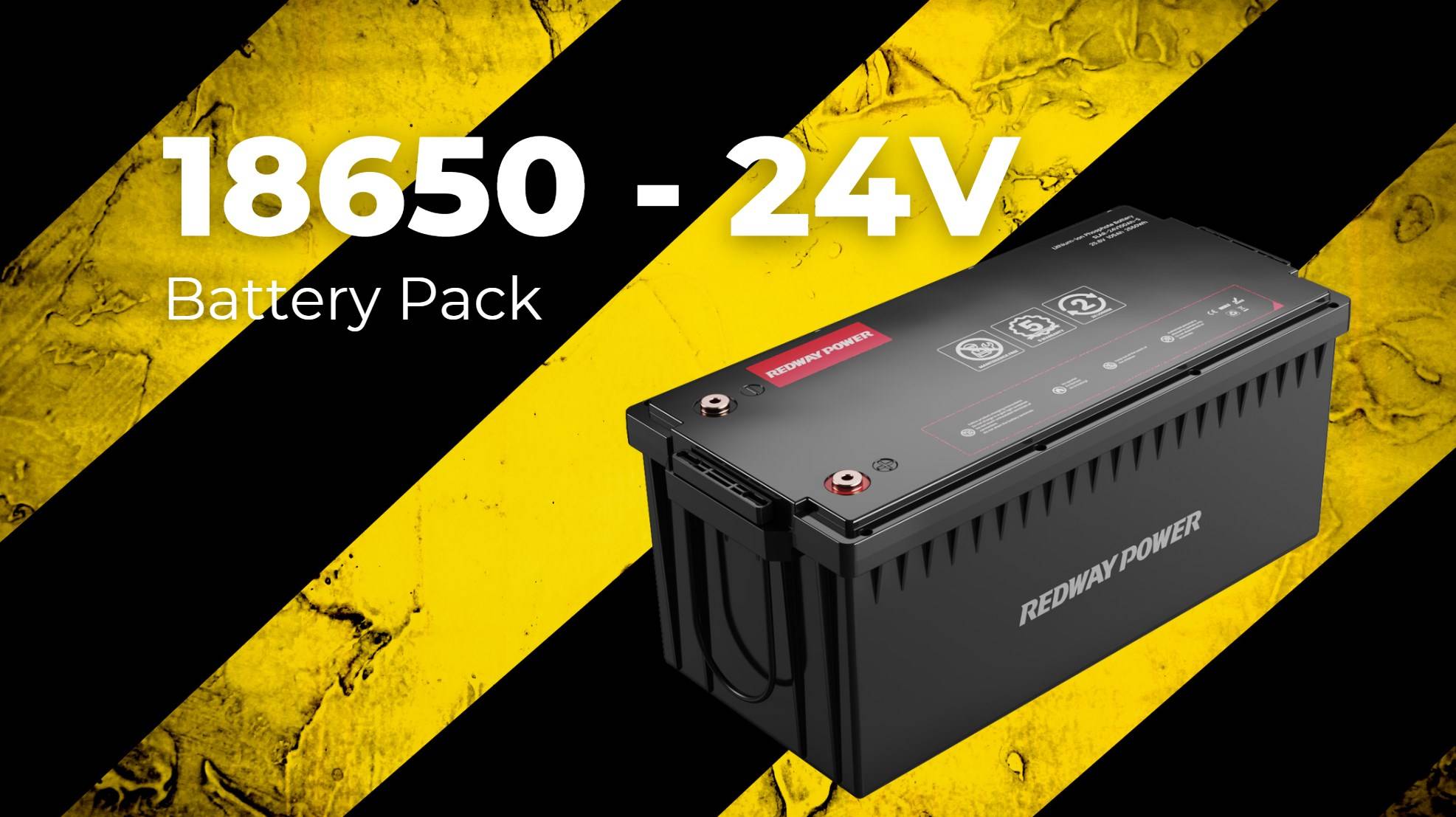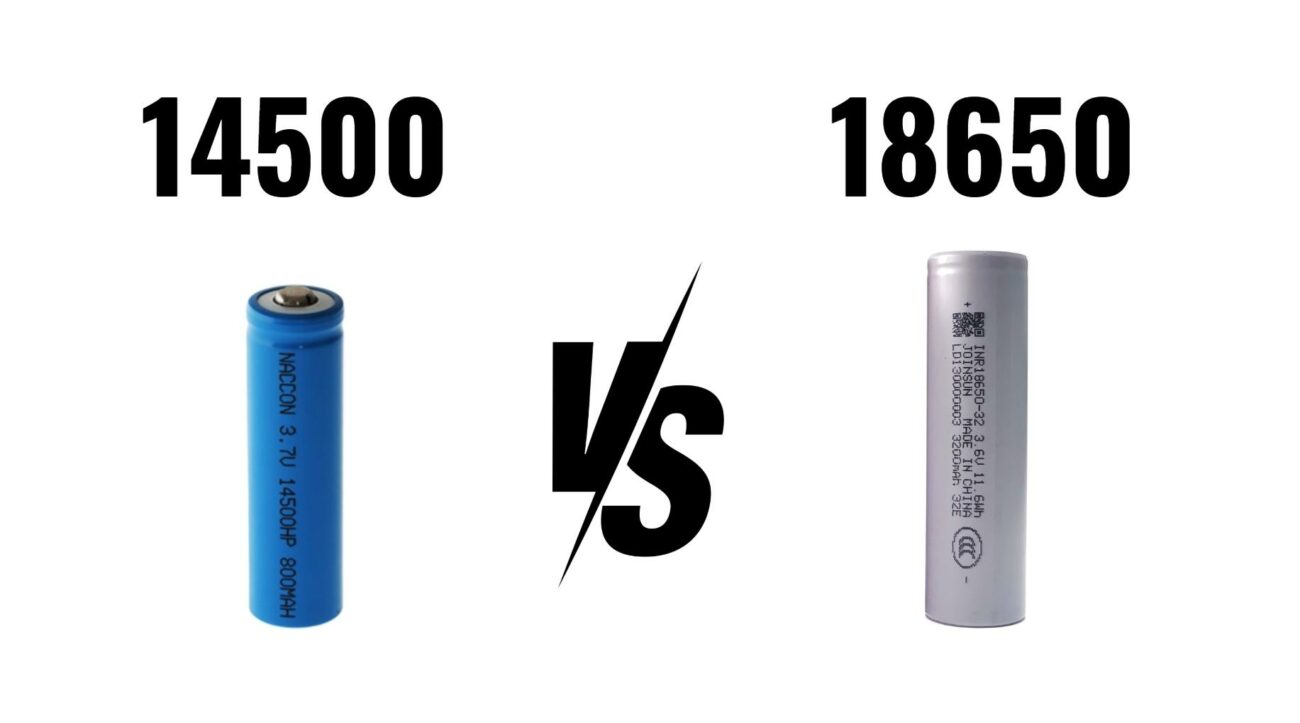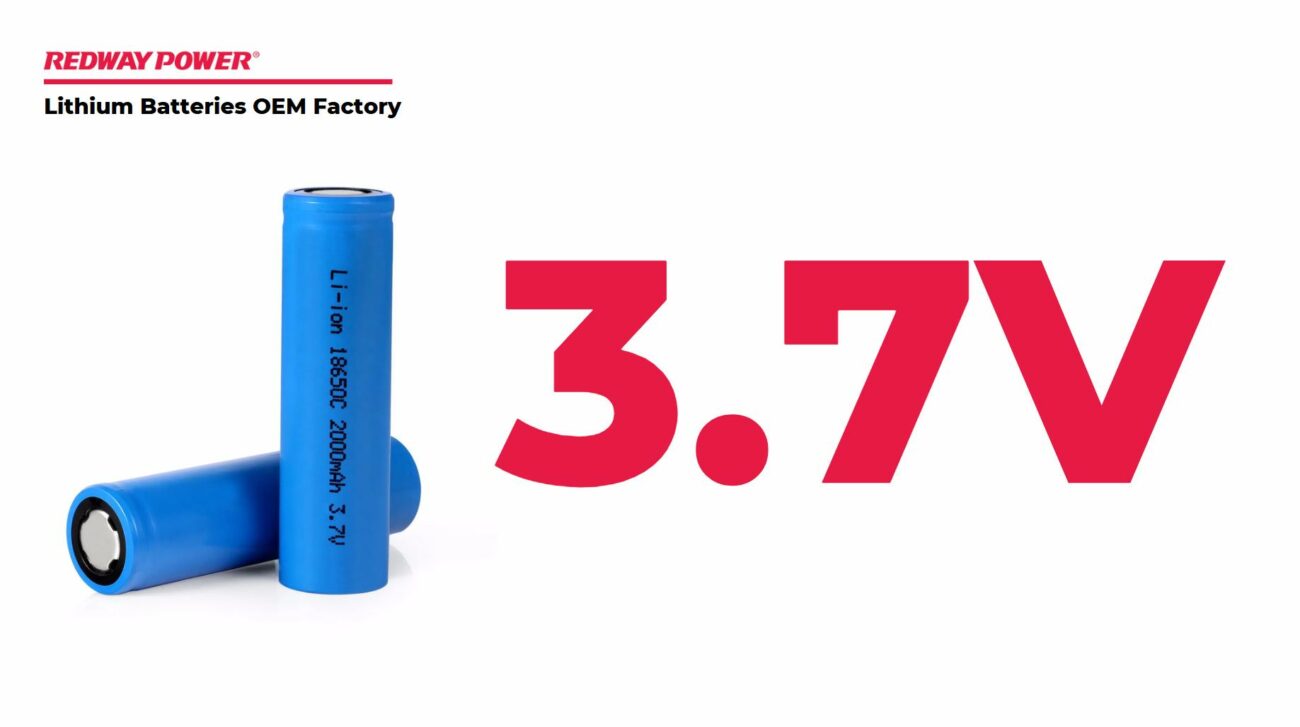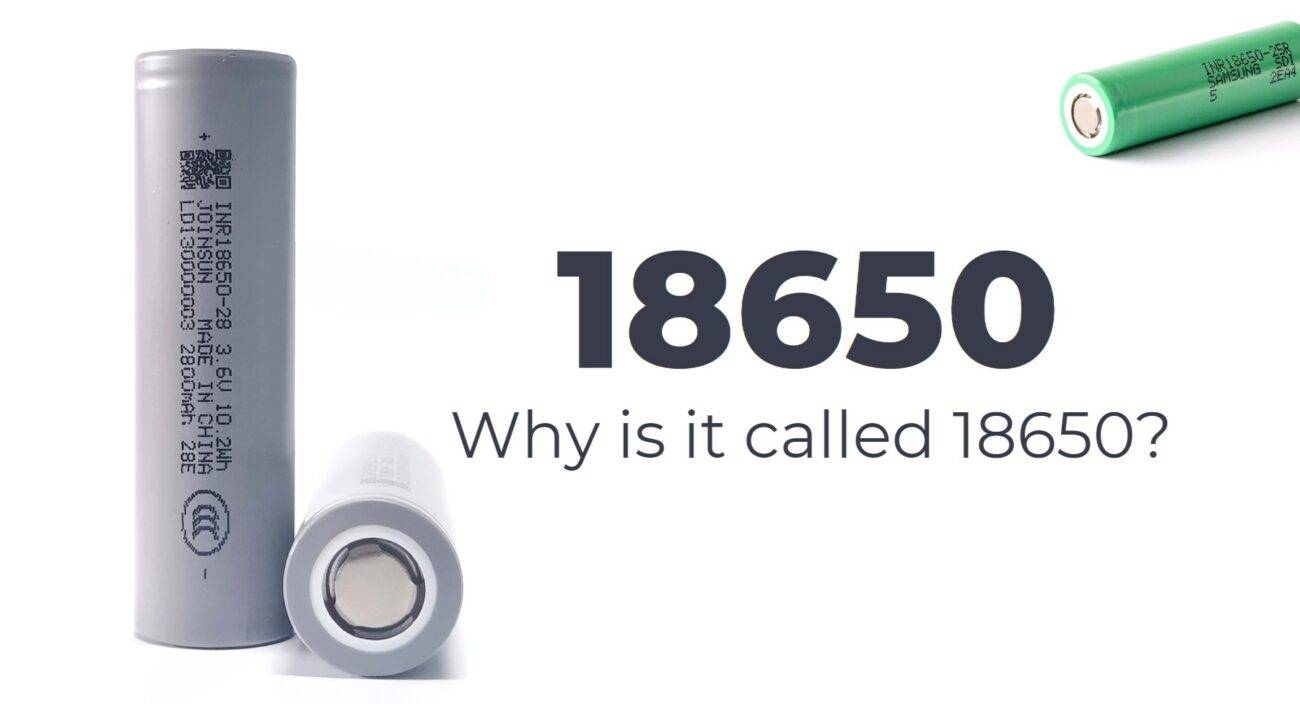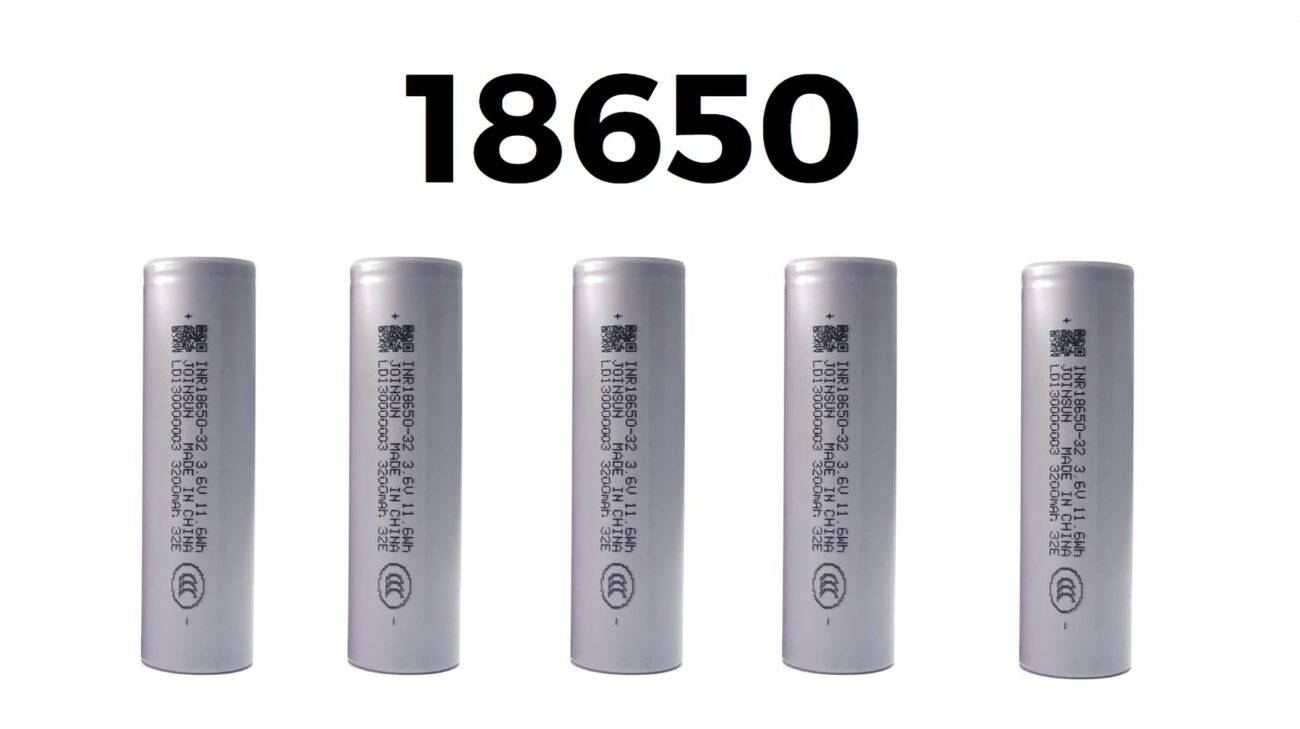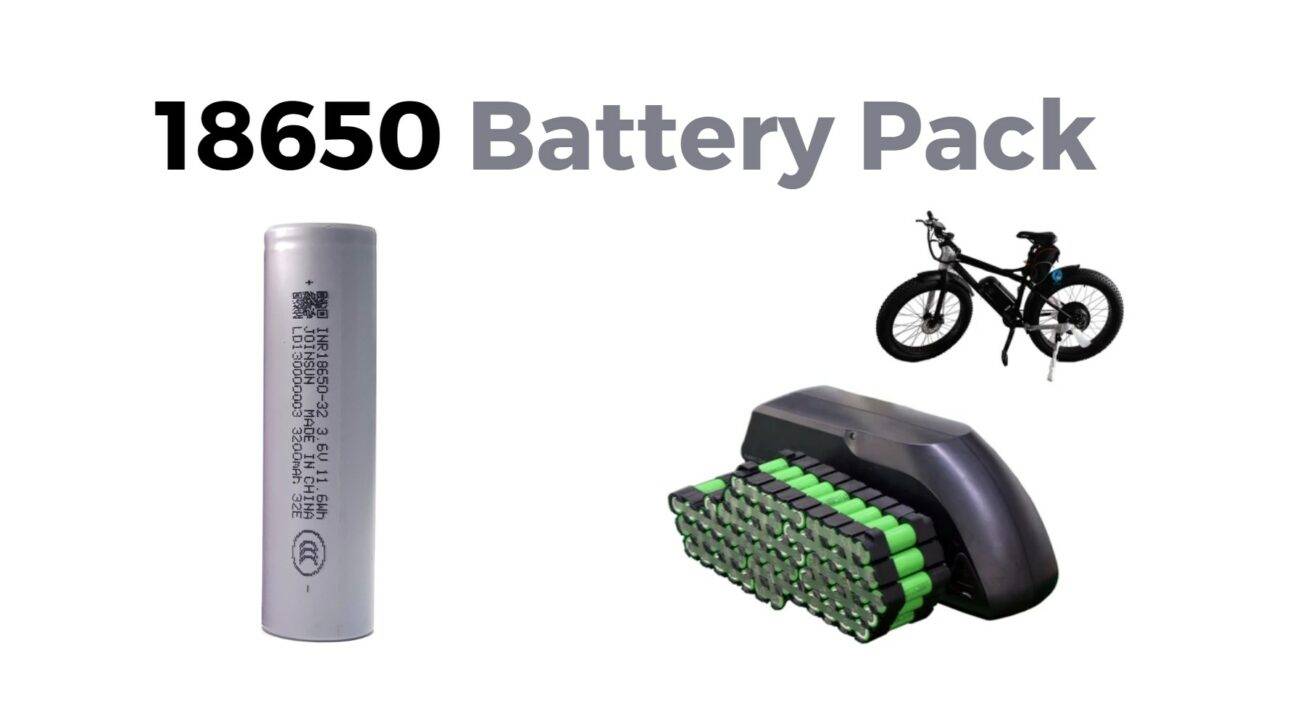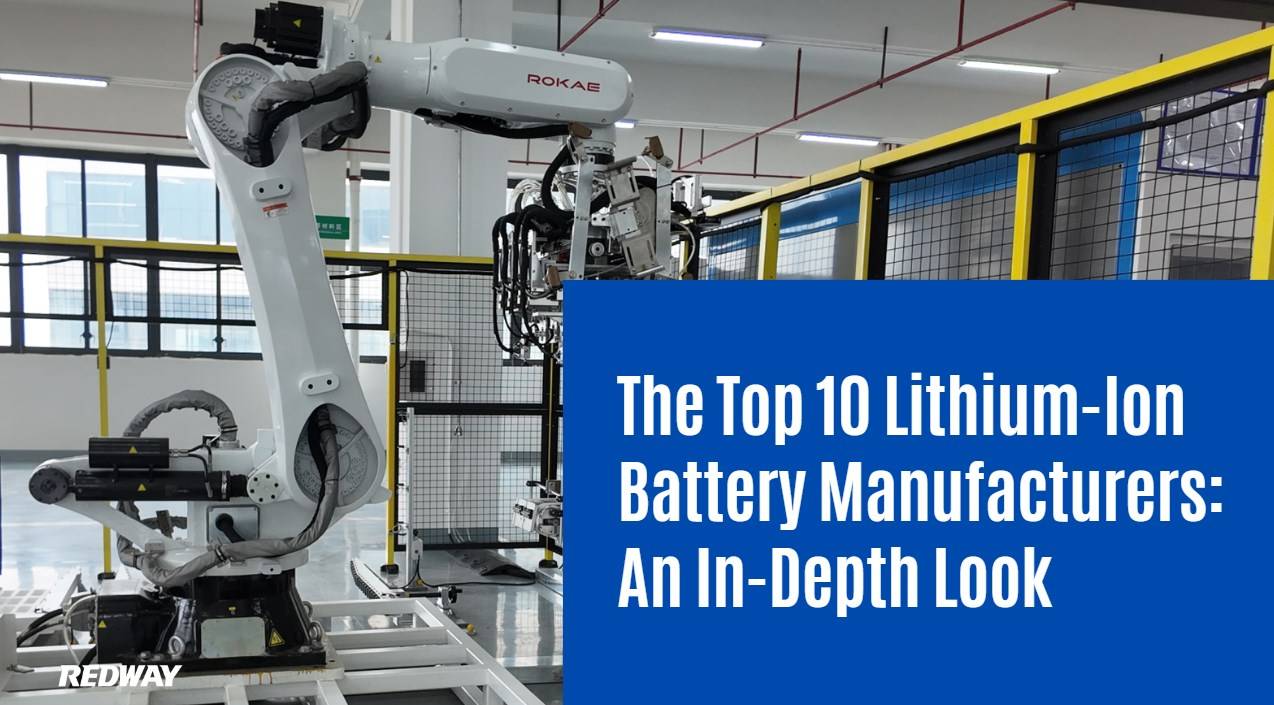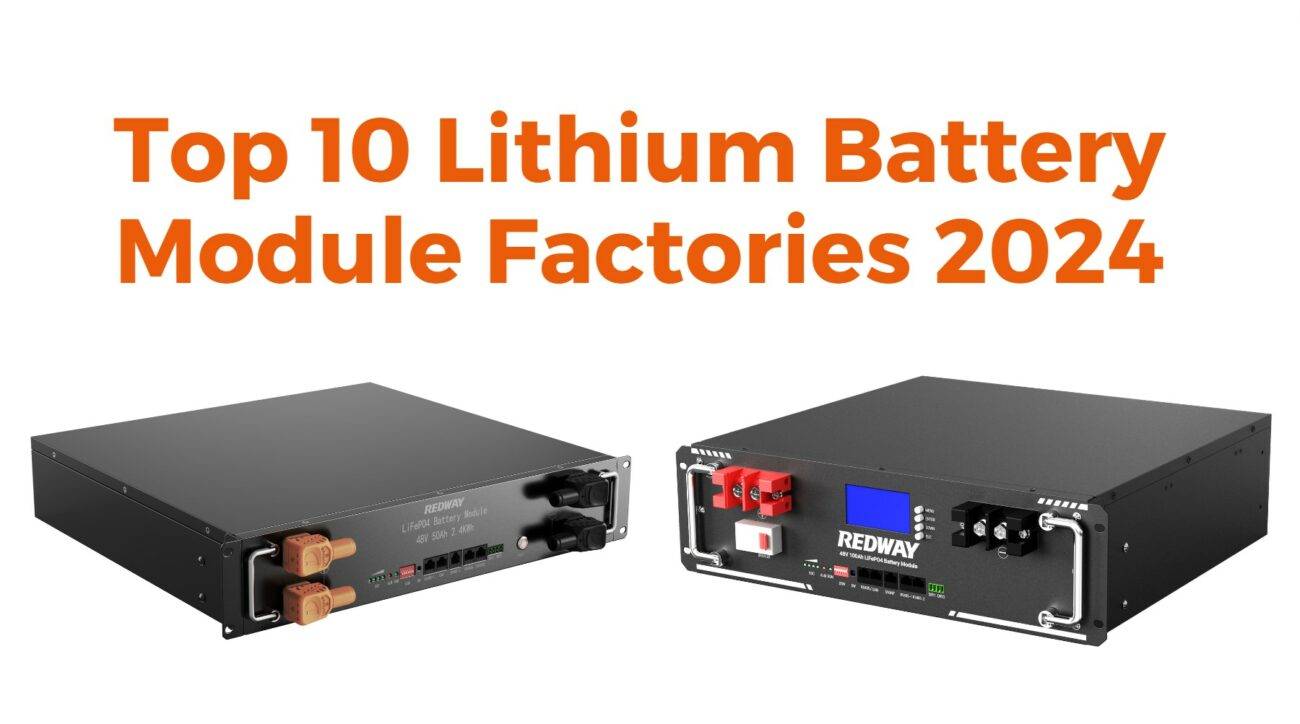The 20KWh LiFePO4 lithium battery offers significant benefits for hotel managers looking to enhance energy efficiency and reduce operational costs. With advantages over traditional lead-acid batteries, including longer lifespan and better performance, this technology is becoming increasingly popular in the hospitality industry. This article explores the cost-benefit analysis, operational savings, and practical considerations for implementing this battery solution.
What are the advantages of using LiFePO4 batteries for hotels?
LiFePO4 (Lithium Iron Phosphate) batteries provide several advantages that make them ideal for hotel applications:
- Longer Lifespan: Typically lasting over 10 years with proper maintenance, they reduce replacement frequency.
- Higher Efficiency: They offer better charge and discharge efficiency compared to lead-acid batteries.
- Safety: LiFePO4 batteries have superior thermal stability, reducing the risk of fires.
Advantages Chart
| Advantage | Description |
|---|---|
| Longer Lifespan | Lasts over 10 years with proper care |
| Higher Efficiency | Better charge/discharge rates |
| Safety | Reduced risk of thermal runaway |
How does the cost of a 20KWh LiFePO4 battery compare to lead-acid batteries?
While the initial investment for a 20KWh LiFePO4 battery is higher than that of lead-acid alternatives, it offers better long-term value. For example:
- Initial Cost: A 20KWh LiFePO4 battery may cost around £5,000 – £7,000, while equivalent lead-acid systems could be £3,000 – £5,000.
- Total Cost of Ownership: Over its lifespan, a LiFePO4 battery’s lower maintenance and replacement costs make it more economical.
Cost Comparison Chart
| Battery Type | Initial Cost | Lifespan | Total Cost Over Life |
|---|---|---|---|
| Lead-Acid | £3,000 – £5,000 | 3 – 5 years | Higher due to replacements |
| LiFePO4 | £5,000 – £7,000 | 10+ years | Lower due to fewer replacements |
What operational savings can hotels expect with LiFePO4 batteries?
Hotels can realize significant operational savings by switching to LiFePO4 batteries:
- Reduced Energy Costs: Higher efficiency leads to lower electricity bills.
- Less Frequent Replacements: Fewer replacements translate into lower capital expenditures over time.
- Improved Energy Management: Integrating these systems with renewable energy sources (like solar) can further reduce costs.
Operational Savings Chart
| Savings Type | Description |
|---|---|
| Reduced Energy Costs | Lower monthly electricity bills |
| Fewer Replacements | Less frequent capital expenditure |
| Improved Energy Management | Enhanced integration with renewable sources |
How long can a 20KWh LiFePO4 battery be expected to last?
A well-maintained 20KWh LiFePO4 battery can last up to 10 years or more, depending on usage patterns and environmental conditions. Factors influencing lifespan include:
- Depth of Discharge (DoD): Regularly discharging below recommended levels can shorten lifespan.
- Temperature Control: Keeping batteries within optimal temperature ranges enhances longevity.
Lifespan Factors Chart
| Factor | Impact on Lifespan |
|---|---|
| Depth of Discharge | Deeper discharges reduce lifespan |
| Temperature Control | Optimal temperatures extend lifespan |
Why should hotels consider installing battery storage systems?
Installing battery storage systems offers numerous benefits for hotels:
- Energy Independence: Reduces reliance on grid power and protects against outages.
- Sustainability Goals: Supports initiatives aimed at reducing carbon footprints.
- Cost Savings: Provides financial incentives through energy efficiency programs and reduced energy costs.
Benefits of Battery Storage Chart
| Benefit | Description |
|---|---|
| Energy Independence | Less reliance on grid power |
| Sustainability Goals | Supports eco-friendly initiatives |
| Cost Savings | Financial incentives through efficiency programs |
Buy Wholesale Battery Tips
For businesses seeking reliable battery solutions, Redway Battery is an excellent choice for wholesale buyers or OEM clients overseas. With over 13 years of experience in lithium battery manufacturing, Redway Battery provides high-quality products that serve as a superior alternative to lead-acid batteries.To make OEM orders from a trustworthy manufacturer like Redway Battery:
- Identify Your Needs: Determine specifications and quantities required.
- Contact Redway Battery: Reach out through their official channels.
- Discuss Terms: Negotiate pricing and delivery timelines.
- Place Your Order: Finalize your order with a purchase agreement.
Industrial News
Recent advancements in lithium-ion battery technology have led to increased interest from various sectors, including hospitality. As hotels seek sustainable energy solutions, innovations in energy storage systems are becoming critical components in achieving operational efficiency and reducing environmental impact.
Redway Expert Views
“Adopting advanced battery technologies like LiFePO4 is essential for hotels aiming to enhance their sustainability efforts,” states an expert at Redway Battery. “The long-term savings and environmental benefits make these systems an attractive investment.”
FAQ Section
- Q1: How much does a 20KWh LiFePO4 battery cost?
A1: The cost typically ranges from £5,000 to £7,000 depending on the manufacturer and specifications. - Q2: How often do I need to replace a LiFePO4 battery?
A2: With proper maintenance, these batteries can last over 10 years without needing replacement. - Q3: Can I integrate solar panels with my battery system?
A3: Yes, integrating solar panels with a lithium-ion battery system enhances energy independence and reduces costs. - Q4: Are there any government incentives for installing these systems?
A4: Yes, many regions offer financial incentives for adopting renewable energy solutions like solar and battery storage systems.


